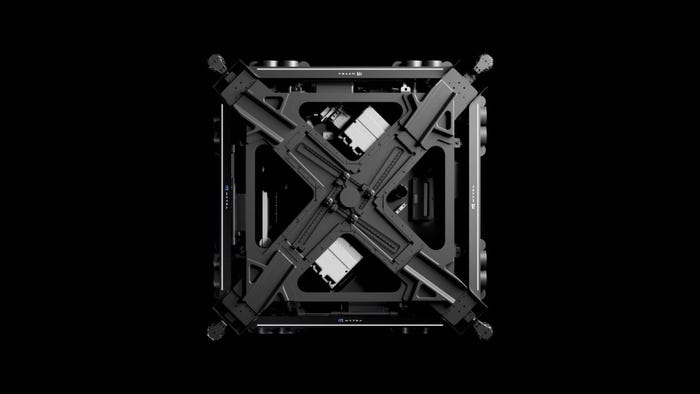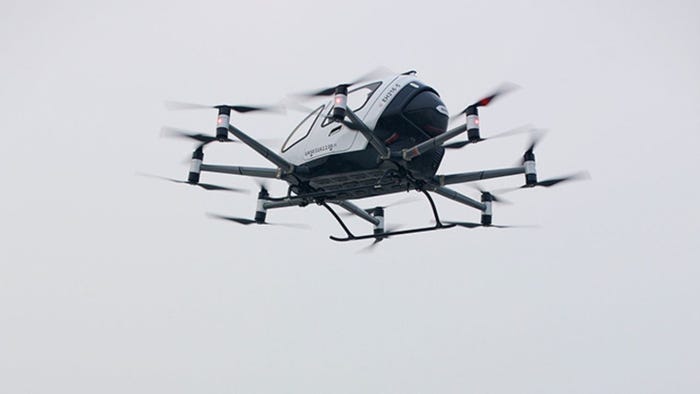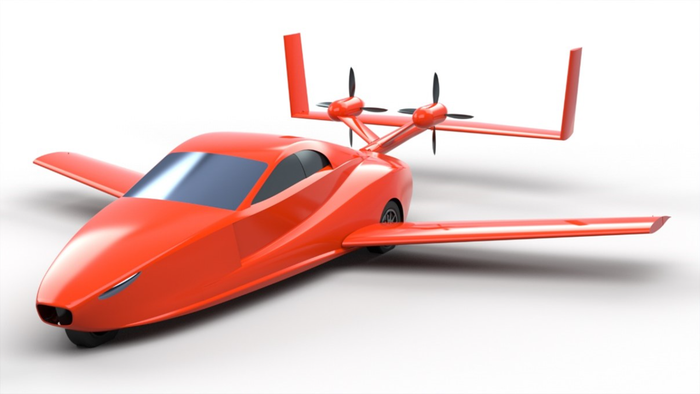Russian Scientists Plan 50-Qubit Quantum Computer by Year’s End
The news comes as part of Russia’s quantum road map, following a $790 million investment into the tech in 2021

Russian scientists have created a 20-qubit quantum computer with plans to ramp up the qubit number to between 50 and 100 qubits.
The announcement was made in an interview between Russian news agency TASS and Ruslan Yunusov, an advisor to the CEO of nuclear energy company Rosatom.
"We have developed a 20-qubit quantum computer as part of the road map on quantum computations,” Yunusov said. “We implemented it on an ion platform. We also have a 25-qubit computer on a nuclear platform. We have plans [for computers] from 50 to 100 qubits. We will be able to make a 50 [qubit computer] by the end of this year."
The development marks a new record for Russia’s quantum technologies, surpassing the 16-qubit quantum computer showcased to Russian president Vladimir Putin last year. At the time, it was the most powerful quantum computer in the country.
During the 2023 demonstration, a molecule-calculation algorithm was launched on the 16-qubit computer to demonstrate its efficacy.
The news comes as Russia pursues its road map of scaling quantum computing technologies.
In 2021, the Russian government announced a $790 million investment into quantum computing research over the next five years, and in 2023 Putin said that the fundamental task is to transfer the entire Russian economy, social sphere and government bodies to new operating principles - based on big data.
“The president proposed to prepare a new national project within a year to create a data economy for the period until 2030,” Rosatom said in a blog post. “As part of the national project, measures to support fundamental research will be expanded, including increased funding for a wide range of technologies, many of which operate on the principles of quantum physics and mechanics.”
About the Author(s)
You May Also Like








